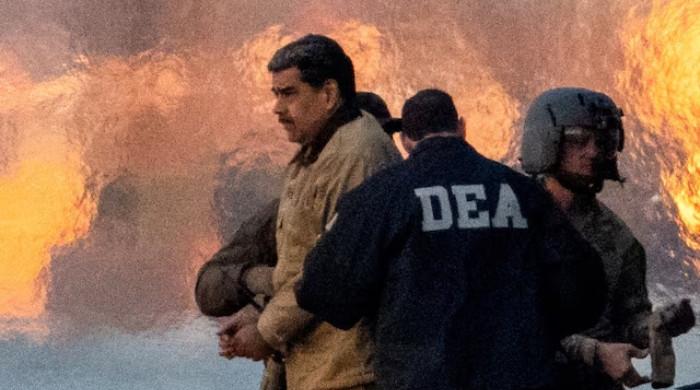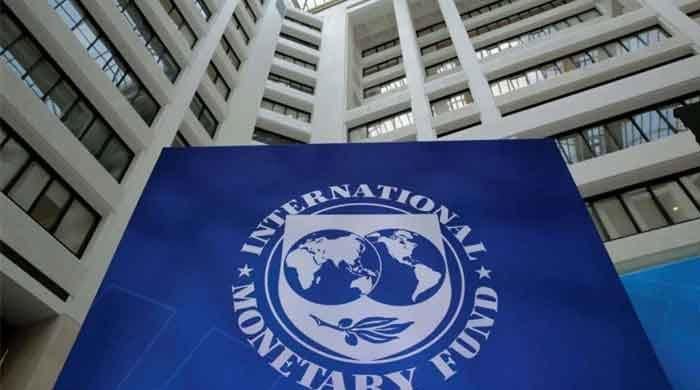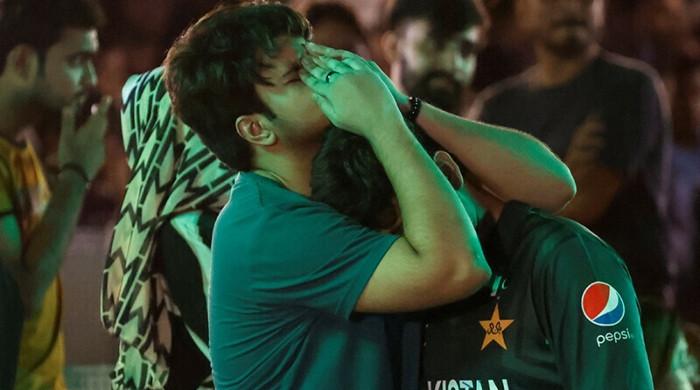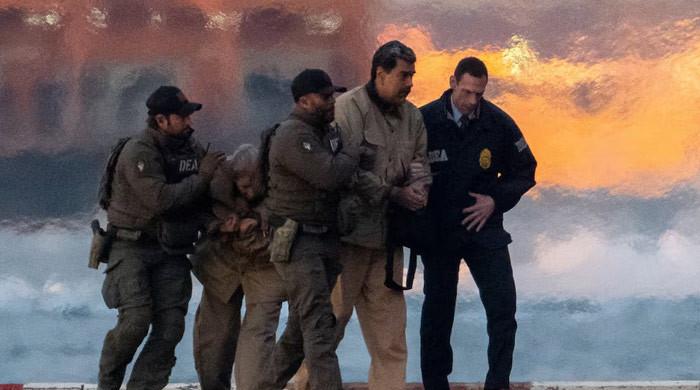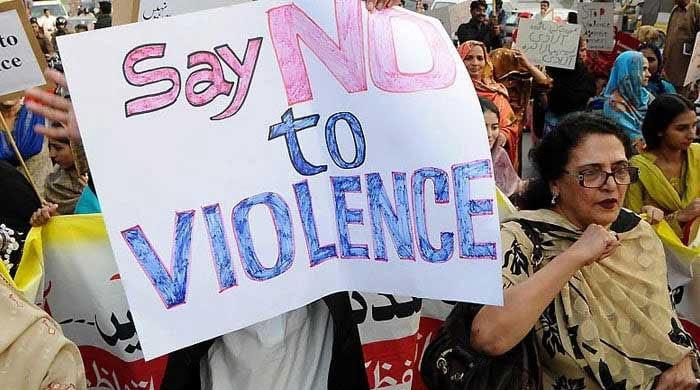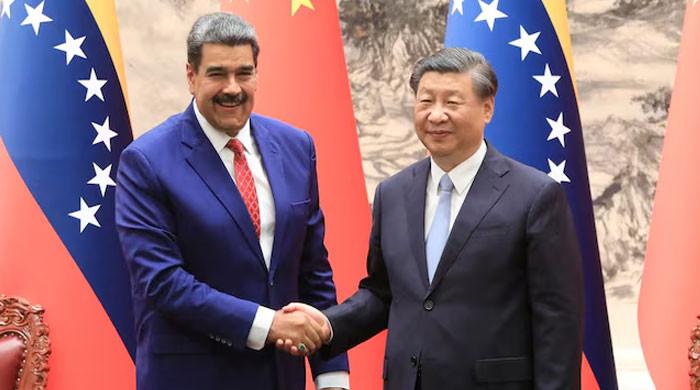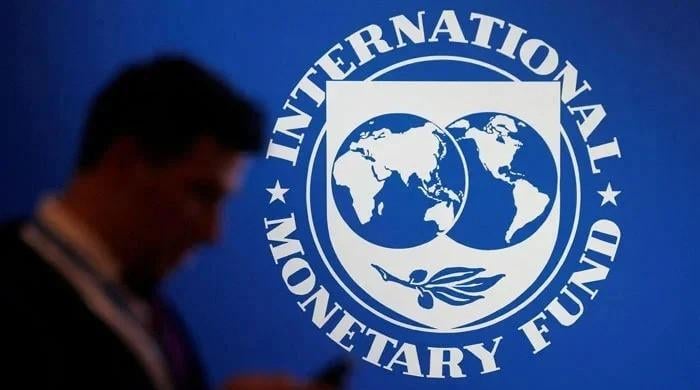Bio-secure bubbles and the toll they take on players' mental health
The coronavirus pandemic has taught us not to take things for granted. The PCB must not take its players for granted
October 01, 2021
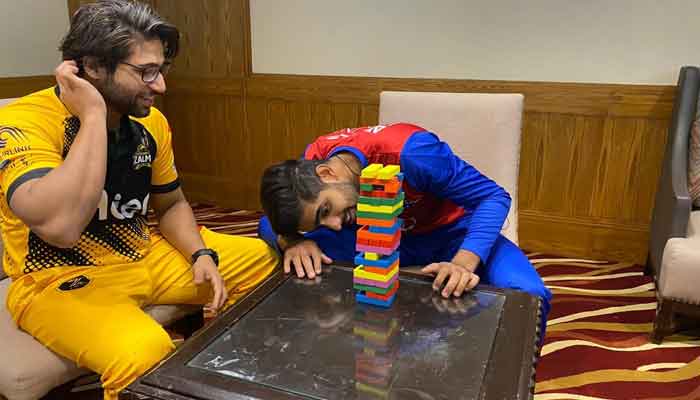
West Indian cricketer Chris Gayle has become the latest victim of bio-secure bubble fatigue. The flamboyant batsman has just announced his withdrawal from the remainder of the Indian Premier League (IPL) due to stress caused by continuously staying in the bubble.
“Over the last few months, I have been part of the CWI bubble, CPL bubble followed by the IPL bubble, and I wish to mentally recharge and refresh myself. I want to refocus on helping the West Indies in the T20 World Cup,” he had said, announcing his decision.
Gayle is not the first player to step out of cricket due to the bio-secure bubble, and for sure, not the last one. Players started taking time away from cricket since summer this year. England’s Ben Stokes became the first high-profile cricketer when he pulled out of the India series to focus on his mental health.
Several players pulled out of the inaugural edition of The Hundreds this year. Players also chose to avoid the bubble and skip the remainders of the IPL in India.
The idea of the bio-secure bubble was introduced last year when the world was hit by the COVID-19 pandemic and everything had come to a halt. England was the first country to host cricket in the summer of 2020 under the strict bio-secure bubble.
While the world was told that it was important to restart cricket, the element of greed of some cricket board(s) at that time cannot be ruled out. These boards were all facing a serious financial crisis due to cricket being abandoned. Hence, they all feared losing revenue that they expected to gain from broadcast deals.
West Indies and Pakistan were the first teams to tour England. They travelled in a chartered plane from their respective countries, players followed strict quarantine and SOPs to play a vital part in the resumption of international cricket. They stepped up for the sake of cricket.
The administrators were happy as it meant they would not lose much money. Cricketers were thankful that they were at least not working from home. But soon, they started realizing that it is now too much for them to take.
West Indian Cricketer Andre Russell, in an interview to Geo News in June 2021, had confessed that quarantining in a bio-secure bubble has taken a toll on his mental health.
“I think it's taking a toll on myself. I can't talk for any other player, of any other coaches or anyone that go through this whole quarantine stuff. But it's definitely taken a toll on me mentally because from bubble to bubble, in a room locked in, you can’t go out for a walk, you can’t go certain places, you can't socialize, it's different," he had told this correspondent.
"But at the end of the day, I'm not being ungrateful, I'm grateful that we're still playing, we're still doing our job. So, it's tough for us. But even though we prepared for it, it still takes a toll,” Russell had said.
His words were echoed by Faf du Plessis as well who had said that “You're looking at about four or five months in a bubble, which is a lot. It can get challenging right now. I don't think it is possible to continue from bubble to bubble to bubble. I've seen and heard a lot of players talk about it. I don't think it's sustainable.”
South African cricketer Tabraiz Shamsi said life in a bubble felt like you were a caged circus animal who is taken out only when it is time to practice and play matches to entertain the crowd.
Tabraiz’s tweet posted on July 17 truly depicts how life has been in the bubble for cricketers. Wake up, have breakfast, stay in the room, train, back to room, have a meal and sleep.
Some players found ways to keep themselves fit and charged while they were in the bubble as they were told to avoid using gyms. Various players shared images on their social media about how they were using items available in their hotel rooms to resume their exercise. Nevertheless, that’s not the solution.
Since the introduction of the bio-secure bubble in cricket, Pakistan cricket team has played 46 international games across all formats, 30 of them were played in 2021 – the same year when teams around the globe eying the T20 World Cup.
Pakistani cricketers have been in the bubble continuously, and been to bubble after bubble. September 30 was day number 273 of the year and Pakistani cricketers have hardly spent 30 to 40 days off the bubble during this time.
Pakistan started the year with a home series against South Africa in the last week of January and players started to isolate from mid-January and entered the bubble seven days before it started.
Soon after the South Africa series, players transferred from the national team bubble to the PSL bubble in mid-February. The tournament got suspended in March and players got some time off from the bubble, only to regather again for an overseas tour to South Africa in the last week of March.
The South Africa tour was followed by a tour to Zimbabwe.
After returning from that tour, players got a few days off before they had to play the Pakistan Super League remaining matches in the UAE. The players then directly flew to England at the end of the PSL and then to the West Indies at the end of the England tour.
They returned from the West Indies on August 27 and after a few days, reported again for the bubble for a home series against New Zealand, which was later called off. But players were then told to play in the National T20 Cup in Rawalpindi, which meant living life in another bubble.
The tournament continues till October 13 while on the 14th, Pakistani cricketers will leave for the UAE for the T20 World Cup. Soon after the T20 World Cup, players will have to fly to Bangladesh.
While cricketers in other parts of the world are very vocal about the issue of mental health and stress they’re facing due to bubble fatigue, we haven’t seen many Pakistani players talk about the issue, at least not publicly or vocally as others have.
The pandemic has taught everyone a lesson and that lesson is nothing should be taken for granted. The PCB must not take its players for granted. It is important for the PCB to be considerate about players' mental health and bio-secure bubble fatigue.
Normalising talking about mental health is the need of the hour, not only in cricket or sports but in society as well. COVID-19 has wreaked havoc around the world and the aftermatch may be yet more dangerous, if we choose to live in oblivion and not consider our well-being.




